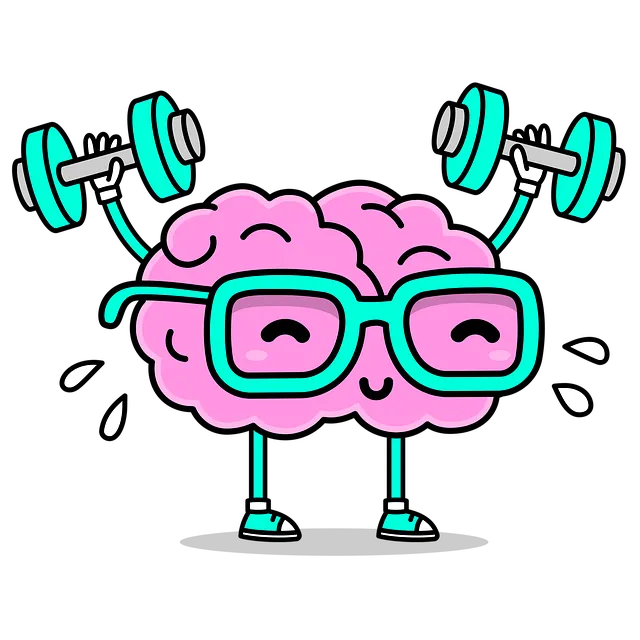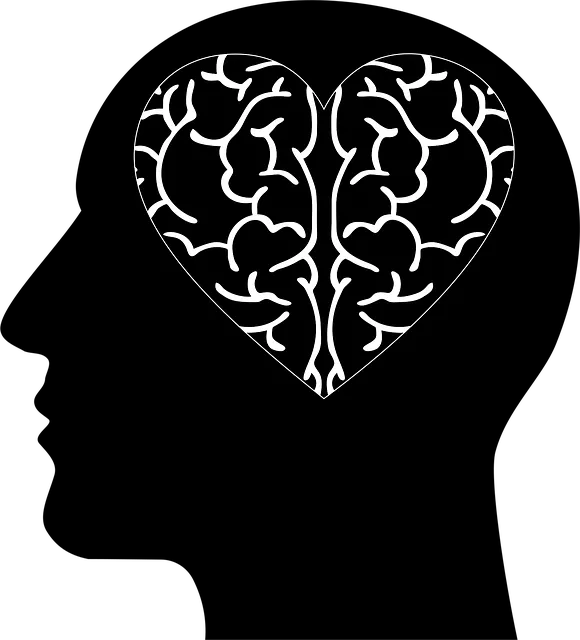Mental wellness journaling, encouraged by Golden Kaiser mental health programs, combines self-reflection and writing to improve mental health. By documenting thoughts, emotions, and experiences, individuals gain insights, process traumas, reduce stress, and promote personal growth. Customized journals with sections for self-care, gratitude, emotional tracking, and crisis intervention techniques facilitate understanding of emotional healing processes and empower effective stress management. Regular journaling helps identify thought patterns, triggers, and negative loops, enabling proactive mental health management and informed decisions about well-being. It cultivates gratitude and self-compassion, essential elements for mental wellness, enhancing overall confidence and resilience.
Unwind and reconnect with yourself through the empowering practice of mental wellness journaling. This comprehensive guide, inspired by the innovative Golden Kaiser Mental Health Programs, equips you to transform your well-being. Discover how dedicated time for reflection can enhance self-awareness, track emotional shifts, and cultivate gratitude. We’ll navigate setting up your journal, exploring thought patterns, and fostering self-compassion through effective writing exercises. Embrace a healthier mind and unlock your personal journey of mental wellness.
- Understanding Mental Wellness and Journaling Benefits
- Setting Up Your Personalized Wellness Journal
- Capturing Moods and Emotions: Tracking Changes
- Exploring Thought Patterns: Identifying Triggers
- Cultivating Gratitude and Self-Compassion through Writing
Understanding Mental Wellness and Journaling Benefits

Mental wellness journaling is a powerful tool that combines the therapeutic benefits of self-reflection with the act of writing. By documenting thoughts, emotions, and experiences in a journal, individuals can gain valuable insights into their mental health and well-being. This practice, often encouraged by programs like Golden Kaiser Mental Health, offers a safe space to explore feelings, process traumas, and track progress over time.
Journaling has numerous benefits for mental wellness, including improved self-awareness, enhanced emotional regulation, and reduced stress levels. It allows individuals to identify patterns in their thinking and behavior, fostering personal growth and resilience. Moreover, the act of putting pen to paper can serve as a form of mindfulness, helping to quiet the mind and promote a sense of calm. Incorporating conflict resolution techniques or risk management planning strategies into journaling routines can further empower individuals to navigate challenging situations more effectively while maintaining their mental health.
Setting Up Your Personalized Wellness Journal

Creating your own wellness journal is a powerful step towards prioritizing mental health and cultivating emotional resilience. It’s a personal space to reflect, process, and explore your thoughts and feelings. Begin by selecting a notebook or creating a digital document that feels right for you. Some prefer sleek, unlined journals to encourage free-flowing writing, while others opt for structured layouts with prompts to guide their reflections. Make it a sanctuary where your ideas can flow freely, protected from judgment.
Customize your journal to align with the Golden Kaiser mental health programs’ holistic approach. Incorporate sections dedicated to different aspects of well-being like self-care practices, gratitude lists, and tracking your emotional state throughout the day. This tailored approach facilitates an effective crisis intervention guidance, assisting you in navigating stress reduction methods and fostering a deeper understanding of your Emotional Healing Processes.
Capturing Moods and Emotions: Tracking Changes

Journaling is a powerful tool for self-reflection and understanding one’s mental state, making it an integral part of Golden Kaiser mental health programs. When individuals capture their moods and emotions on paper over time, they can begin to track changes in their overall well-being. This process allows them to identify patterns, such as triggers for specific emotional responses or shifts in their baseline mood. For instance, a person might notice that certain stressors at work consistently lead to feelings of anxiety or that engaging in regular mindfulness meditation helps alleviate symptoms of burnout.
By regularly documenting their experiences, individuals can develop a deeper sense of self-awareness, fostering resilience building and effective coping strategies. Tracking changes in moods and emotions over time provides tangible evidence of progress and can serve as a motivational tool. It empowers individuals to take charge of their mental health, enabling them to proactively manage challenges and make informed decisions regarding their well-being, including when to seek additional support or adjust their self-care routines.
Exploring Thought Patterns: Identifying Triggers

Exploring thought patterns is a crucial step in identifying triggers that impact mental wellness. Through consistent self-reflection, individuals can begin to understand their unique cognitive processes and the environmental cues that set off certain thoughts or emotions. This process involves paying close attention to the mind’s chatter—the constant stream of thoughts and beliefs that shape our perceptions. By journaling regularly, one can become more attuned to these patterns, noticing recurring themes or negative thought loops.
The Golden Kaiser mental health programs emphasize this aspect, guiding users to identify triggers by tracking their emotions and behaviors over time. Recognizing personal triggers is a powerful tool for coping skills development and emotional well-being promotion techniques. It allows individuals to proactively manage their mental health and implement effective strategies before these triggers escalate. Moreover, understanding one’s triggers can help in assessing risks associated with mental health conditions, which is essential for professionals conducting risk assessments.
Cultivating Gratitude and Self-Compassion through Writing

Writing can be a powerful tool for cultivating both gratitude and self-compassion, two vital components of mental wellness as recognized by Golden Kaiser mental health programs. By dedicating time to reflect and express yourself through journaling, you create a space to explore and appreciate the positive aspects of your life, fostering a sense of contentment and optimism. This practice encourages individuals to notice and acknowledge their strengths, achievements, and sources of joy, thereby strengthening their overall well-being.
Incorporating self-compassion into your writing routine involves treating yourself with kindness and understanding, especially during moments of challenge or self-doubt. Journaling allows you to confront negative thought patterns and replace them with more compassionate statements. This self-care practice not only boosts confidence but also plays a crucial role in building resilience by helping individuals navigate life’s ups and downs with greater emotional agility.
Mental wellness journaling is a powerful tool for self-discovery and growth, offering a private space to explore and understand your thoughts and emotions. By integrating this practice into your daily routine, you can significantly enhance your overall well-being, just as the Golden Kaiser mental health programs emphasize. With consistent reflection and tracking of moods, thought patterns, and gratitude, you gain valuable insights and develop strategies for navigating life’s challenges. So, why wait? Begin your journey towards improved mental wellness today through the transformative power of journaling.






